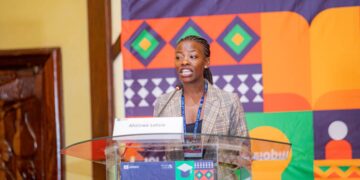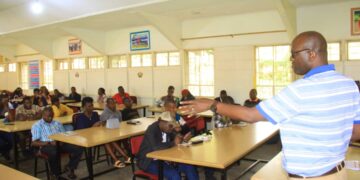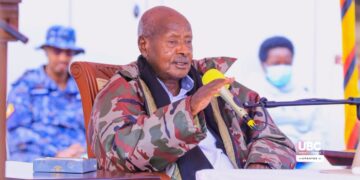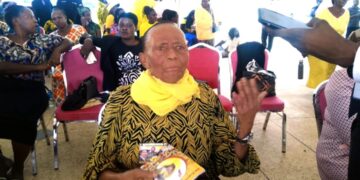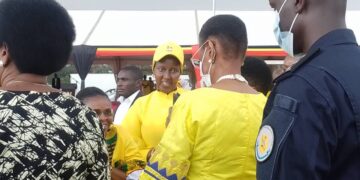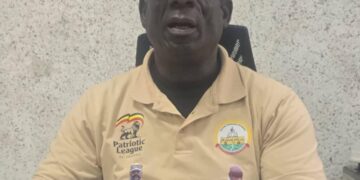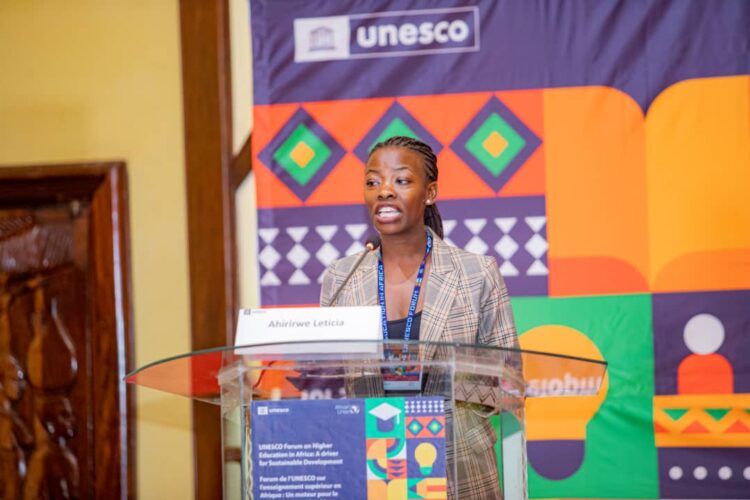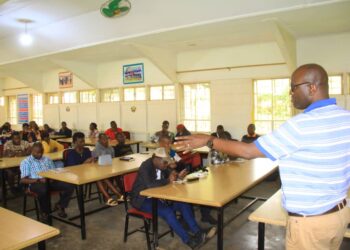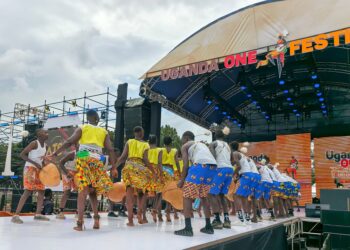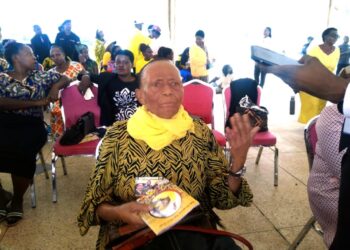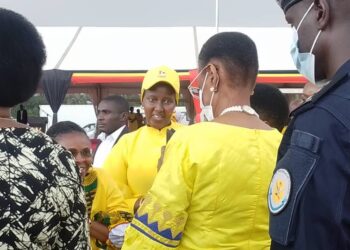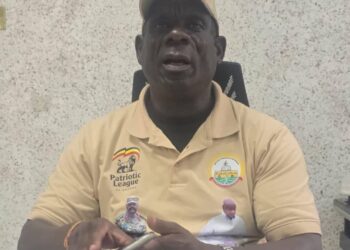Op-Ed
The world is meeting in Belém, Brazil for COP30 in November 2025. This is an important moment. Countries must do more than make promises, they need to take real action to fight climate change. Young people are not just observers; they are key to making change happen.
The situation is serious. UN Secretary-General António Guterres said failing to keep warming under 1.5 °C is a “moral failure.” Many young people are already seeing the effects of climate change in their daily lives. They are frustrated by delays and empty promises. COP30 must show results on cutting emissions, adapting to climate impacts, and giving fair support to the people who need it most.
Youth groups have clear demands. They want real roles in decision-making, direct access to climate funds, more help for adapting to climate change, and fair and inclusive solutions. They want their voices heard not just at side events, but in the main negotiations. They also want governments to support programs that include women, indigenous people, and vulnerable communities.
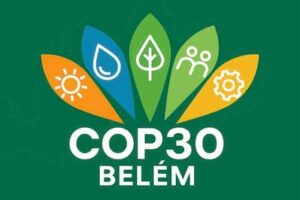
These demands matter because young people will live with the consequences of climate decisions. They bring new ideas, energy, and technology to solve problems. If youth are ignored, climate policies may fail. For many young people in Africa, Asia, and small islands, climate change is already affecting their homes, farms, and jobs.
Recommendations for COP30:
An ambitious Gender Action Plan (GAP) that drives measurable, gender-transformative action and secures resources for implementation.
Gender-responsive adaptation with strong indicators, scaled-up finance, and inclusive National Adaptation Plans.
A feminist Just Transition that dismantles extractive and patriarchal systems, centers care and consent, and launches the Belém Action Mechanism.
Public, non-debt climate finance that reaches women and frontline communities through transparent, equitable mechanisms.
A bottom-up Global Stocktake that centers feminist, Indigenous, and community leadership.
Action for Climate Empowerment (ACE) that promotes intergenerational justice and transformative education.
Gender-responsive technology transfer that ensures participation, equity, and access.
Divestment from militarism and fossil fuels and reinvestment in peace, care, and just transitions.
Accelerated mitigation efforts through feminist, rights-based NDCs and community-led renewable energy.
Rejection of false solutions such as carbon markets and offsets that harm people and ecosystems.
Integration of health and SRHR across all climate frameworks.
COP30 can be a turning point. It must recognize youth as partners, give them resources, and take responsibility for their future. Young leaders must push for real action and make sure promises become results.
By Ahirirwe Leticia
Women For Green Economy Movement Uganda
